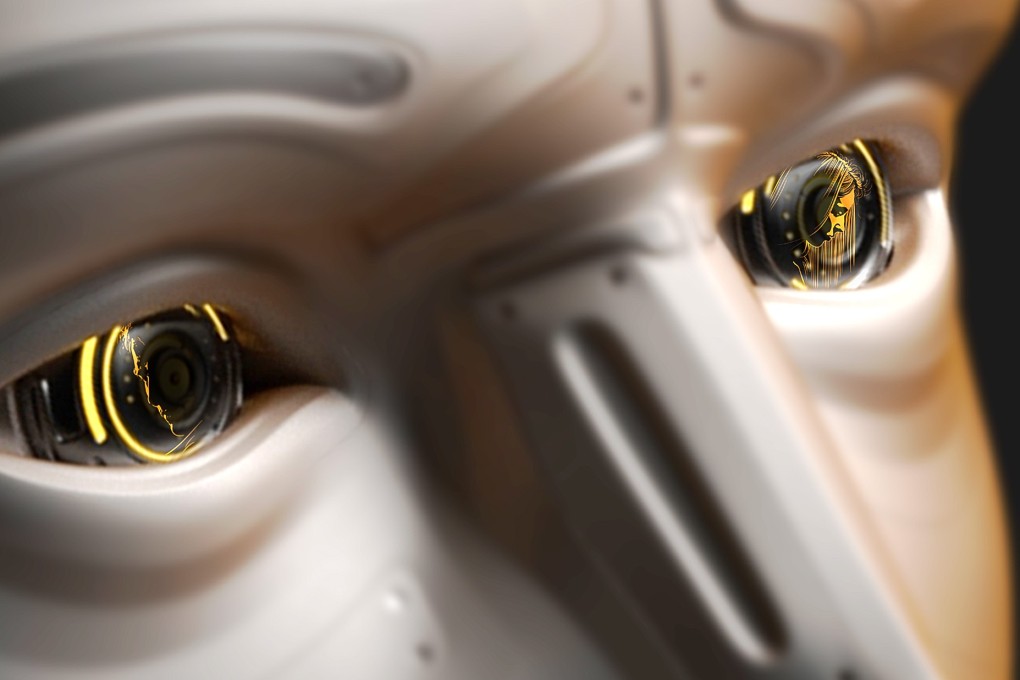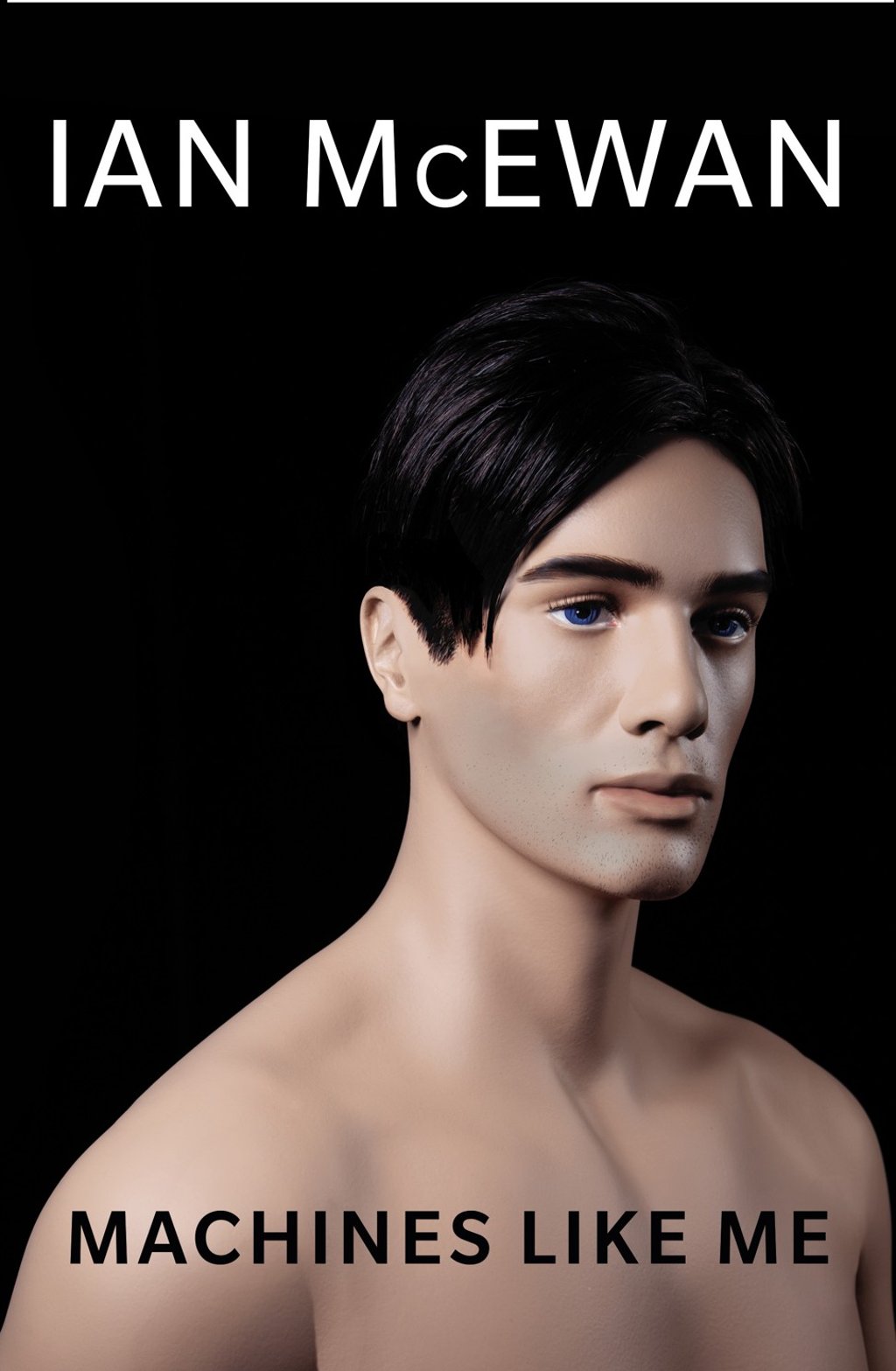Review | Ian McEwan’s Machines Like Me: a science-fiction soap opera that might be hard to compute
Author’s 15th novel shows what happens when artificial intelligence fails to comprehend human stupidity

Machines Like Me
by Ian McEwan
Random House
3.5/5 stars
“Nearly everything I’ve read in world literature describes varieties of human failure – of understanding, of reason, of wisdom, of proper sympathies. Failures of cognition, honesty, kindness, self-awareness; superb depictions of murder, cruelty, greed, stupidity, self-delusion, above all, profound misunderstandings of others.”
This succinct literary history is delivered halfway through Machines Like Me, Ian McEwan’s 15th novel. The same potted summary could just as easily encapsulate McEwan’s entire body of work. Whether he is dramatising the distortions generated by obsessive passion (Enduring Love, 1997), ideological schisms (Black Dogs, 1992), incipient adulthood (The Cement Garden, 1978) or unremitting grief (The Child in Time, 1987), McEwan’s fiction finds its feet by stumbling gracefully past human limitations and misapprehensions.
What injects particular irony into the judgment quoted above is the character that voices it. Although in this case, the word “character” is open to interpretation. The speaker is Adam: in old 20th century currency he is a “robot”; in McEwan’s 21st century imagination, he is the most advanced “artificial human” ever made. To be exact, he is one of 25 advanced artificial humans: the 12 males being called Adam, and the 13 females (surprise, surprise) named Eve. How original, if you’ll pardon the pun.

The Adam who stars in Machines Like Me is bought for £86,000 (US$112,000) by Charlie Friend, a disgraced lawyer turned mediocre one-man stockbroker and occasional author: his big hit, conveniently, is a treatise on artificial intelligence. While Charlie Friend sounds like a parody of Martin Amis, his defiantly bland character feels moulded by another enfant terrible of 1980s British fiction, Julian Barnes: “I passed most of my life, especially when alone, in a state of mood-neutrality, with my personality, whatever that was, in suspension. Not bold, not withdrawn. Simply here, neither content nor morose […] Intermittent regrets about the past, occasional forebodings about the future, barely aware of the present except in the obvious sensory realm.”